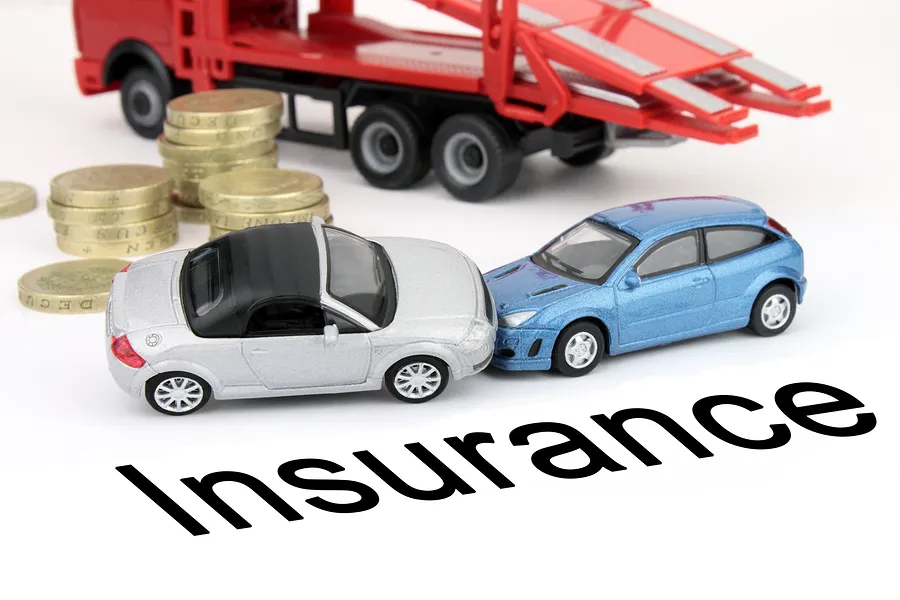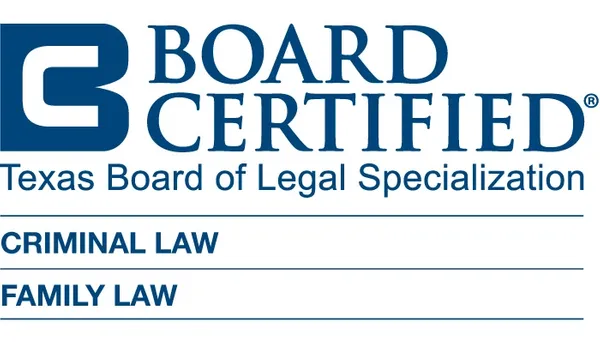
How Much Insurance Coverage Does Texas Law Require?
Automobile insurance protects you financially by paying the other driver’s car repair and medical bills if you cause an accident. Depending on the kind of coverage you have, it can also pay to repair or replace your car if it’s damaged or stolen.
Texas law requires you to have liability coverage. If you still owe money on your car, your lender will require you to have collision and comprehensive coverage. There are eight basic auto insurance coverages. You can choose whether to buy the others.
When you buy an auto policy, your company will send you a proof-of-insurance card. You must show this card when you:
- ·are asked for it by a policy officer;
- ·have an accident;
- ·register your car or renew your registration;
- ·get or renew your driver’s license;
- ·have your car inspected.
What’s Required Under Texas Law?
Liability coverage pays to repair the other driver’s car if you caused the accident. It also pays the other driver’s and his or her passenger’s medical bills and some other expenses. Texas law requires you to have at least $30,000 of coverage for injuries per person, up to a total of $60,000 per accident, and $25,000 of coverage for property damage. This is called 30/60/25 coverage.
Liability coverage is designed to protect you should you be the one who causes the accident. However, the minimum is not always enough, especially if you are the victim of the car accident and the negligent party’s policy does not cover the entirety of your expenses.
What Else Is Available?
There are lots of additional coverages available from insurance companies for your vehicle. I would strongly suggest that you obtain insurance beyond the bare bones minimum required under Texas law. Some of the additional insurance includes:
- Collision coverage pays to repair or replace your car after an accident.
- Comprehensive (other than collision) coverage pays if your car is stolen or damaged by fire, flood, vandalism or something other than a collision.
- Medical payments coverage pays your and your passengers’ medical bills. It also pays if you’re hurt while riding in someone else’s car or while walking or biking.
- Personal injury protection (PIP) coverage is similar to medical payments coverage. It pays your and your passengers’ medical bills. But it also pays for things like lost wages and other nonmedical costs. All auto policies in Texas include PIP coverage. If you don’t want it, you must tell the company in writing.
- Uninsured/underinsured motorist coverage pays if you’re hit by someone who didn’t have insurance or didn’t have enough to pay your medical and car repair bills. It also pays if you’re in a hit-and-run accident. Insurance companies must offer you this coverage. If you don’t want it, you must tell the company in writing.
Understanding insurance and insurance coverage is important for your personal injury claim. Without insurance coverage, it can be very difficult to recover your damages. If you or a loved one have been in a accident, call 956-501-6565 to speak directly to John Ball #TheMcAllenPersonalInjuryLawyer.
